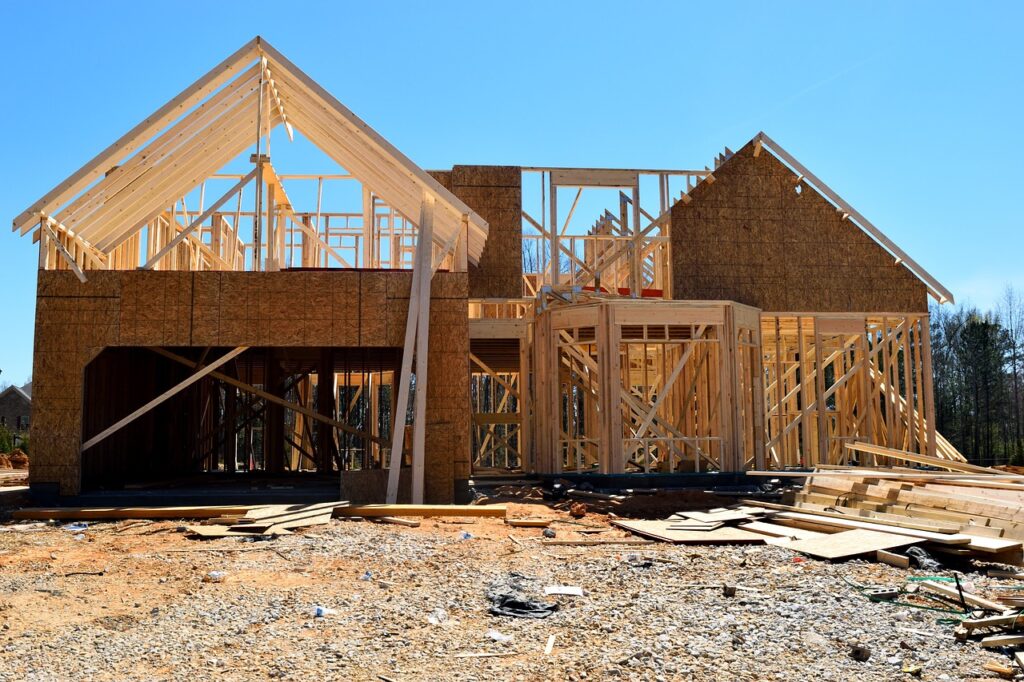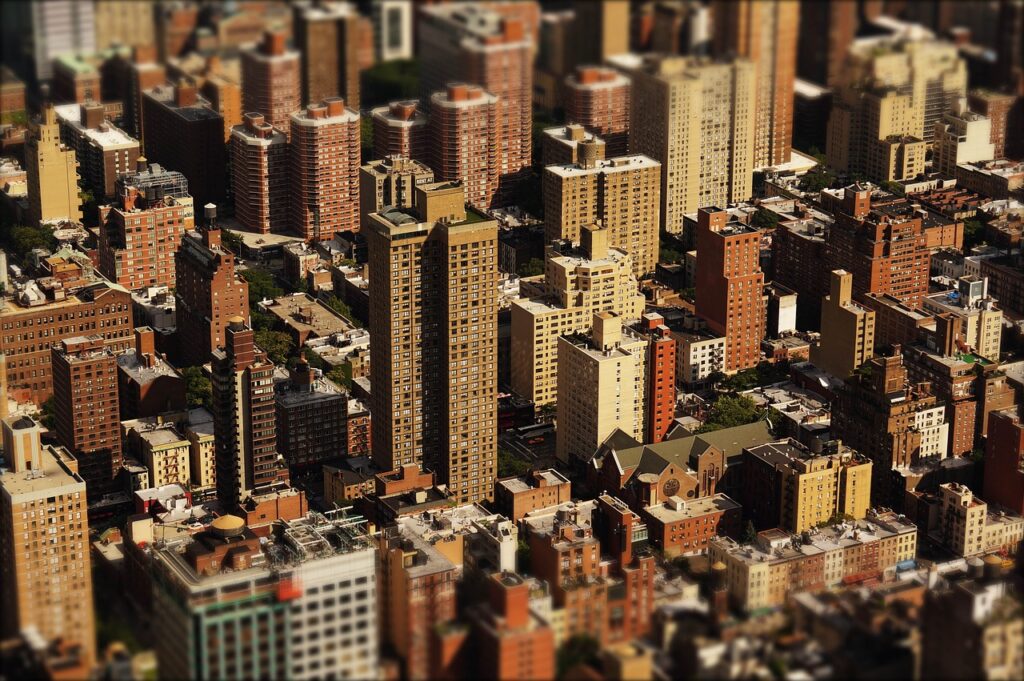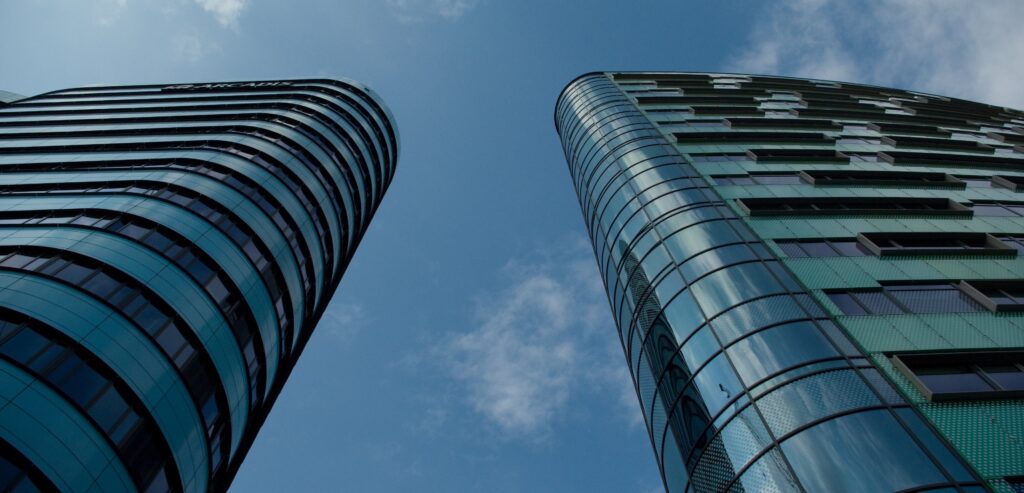Buying property in Egypt has always been one of the most reliable ways of increasing wealth in a handful of years. Ladislas Maurice, founder of The Wandering Investor, an investment consultancy, said in an August blog this is mainly because home prices in Egypt “generally track the [U.S. dollar] over time.” In the past 20 years, the exchange rate went from EGP 6.11 to the dollar to around EGP 30.9, with forecasts of more devaluations in the short term.
The robust price growth trajectory has been due to unwavering baseline demand. Real estate services company Jones Lang LaSalle, in their October JLL MENA report, noted that “despite the significant price increases [in Egypt], the residential market has been gaining momentum.” Maurice attributed that to the poor condition of buildings in old neighborhoods, which pushes wealthy longtime dwellers to new developments, and Egypt’s predominantly young population seeking homes to start families.
Starting next year, Egypt’s “property as an investment” landscape should get even better. In November, the government announced the creation of the country’s first real estate exchange, slated for the first quarter of 2024. According to media outlets, citing an unnamed government source, phase one of Egypt’s public real estate exchange will accept commercial and other non-residential properties.
Having such an exchange “will encourage small investors [who buy and hold to sell for a profit] to get involved more in the market as it does not require a large amount of investment,” Fathallah Fawzy, chairperson of the construction committee of the Egyptian Businessmen’s Association, told Asharq Business in October. “Also, the real estate exchange will be a secure means of investment as it depends on properties that are already registered.”
The chances of success of that new exchange are high, as local real estate construction from the private sector and state has been accelerating in the past few years, promising more diverse properties to be ready for listing in the short and long terms.
New exchange
Listing properties on a real estate exchange requires dividing a compound or building into standard units (shares). The real estate company could then go public with the entire development or part of it on the exchange at a nominal value. Buying and selling activity thereafter would determine the property’s price based on investor perception and sentiment.
Most listed real estate developments will likely be registered commercial, nonresidential, or residential units that developers and unit owners rent to third parties. The listing party would receive a bulk payment from going public and has the option to pay shareholder dividends from renting the property on their behalf. That income plus the development’s rate of appreciation would invariably determine the share price on the exchange.
Meanwhile, investors who buy listed shares cannot live in the unit, have authority over it, or be held legally liable for any violations.
Many seeking real estate as an investment prefer trading on a real estate exchange because it allows them to enter and exit the market quickly. They also could easily diversify their portfolios by buying shares in multiple properties. Additionally, if the listed units are not rented and therefore don’t yield periodic income, investors could still make money as the listed property can appreciate yearly, similar to unlisted developments.
Tarek Eid, a board member at El Riyad Castle, a real estate developer, told Al Ahram in October that real estate exchanges accommodate large real estate investors seeking more liquidity, high volumes, and diverse offerings.
A diverse and efficient real estate exchange also opens the door to multiple investment tools, such as specialized funds. Their job is to ensure their investors always receive rent income and that the properties the fund owns are high-profile and trendy developments that command the highest rent values and would likely appreciate the most over time.
In December 2022, Banque Misr, Banque du Caire, Misr Insurance Holding Group, and Allianz Egypt launched Egypt’s first, and so far only, real estate fund. The fund purchases property from the market and divides it into standard-sized shares sold and bought from the founding banks’ branches nationwide. A fund-developed index tracks share prices using fund-developed metrics. However, it is not yet open to the public.
Making it work
The most significant change a stock exchange imposes on the real estate sector is unprecedented “transparency in property transactions,” noted Eid. That means all listed properties must be notarized. To facilitate that, Ahmed El Sheikh, the EGX chairperson overseeing the real estate exchange, said EGX offices would have a public notary unit to register units before listing.
In August, the Cabinet approved a draft law to create a unique national ID for each property in Egypt. It would ensure the country’s residential, nonresidential, and commercial units are registered digitally in state records. The government said that ID would apply retroactively to existing properties, those under construction, and developments pending approvals.
The government also needs investment-friendly trading regulations and oversight in this newly created exchange to ensure it is credible, transparent, and safe for traders. Eid said there must be strong regulations to protect investor rights and minimize fluctuations in the exchange market.
Benefiting from the boom
The introduction of the real estate exchange comes at a critical time for Egypt, as the fast pace of construction ensures a large and sustainable stream of new properties in the short and long terms.
JLL said Egypt is tied for second place with the U.A.E. in the number of projects under construction in the first half of 2023. Along with first-place Saudi Arabia, the three countries accounted for 60% of total projects under construction in the MENA region during that period.
In the short term, the JLL MENA report said, “the next two to three years, the office market [which is almost always rented] is expected to see the completion of several grade-A projects to meet rising demand.”
Meanwhile, “despite the wave of inflation, the retail sector [which also rents out its units] has not been severely affected and is projected to make a recovery in the coming period.” Between 2024 and 2027, JLL predicts nonresidential property value will grow by an average of 9% annually.
Listing those developments on the newly created real estate exchange should mean “first movers” would find a diverse range of listed properties to invest in, as phase one of Egypt’s real estate exchange will list only nonresidential property.
Mordor Intelligence, a think tank, says, “Egypt’s residential real estate market size is expected to grow from $18.04 billion in 2023 to $30.34 billion in 2028.” By then, the government should have entered phase two of the real estate exchange, which should include residential properties.







